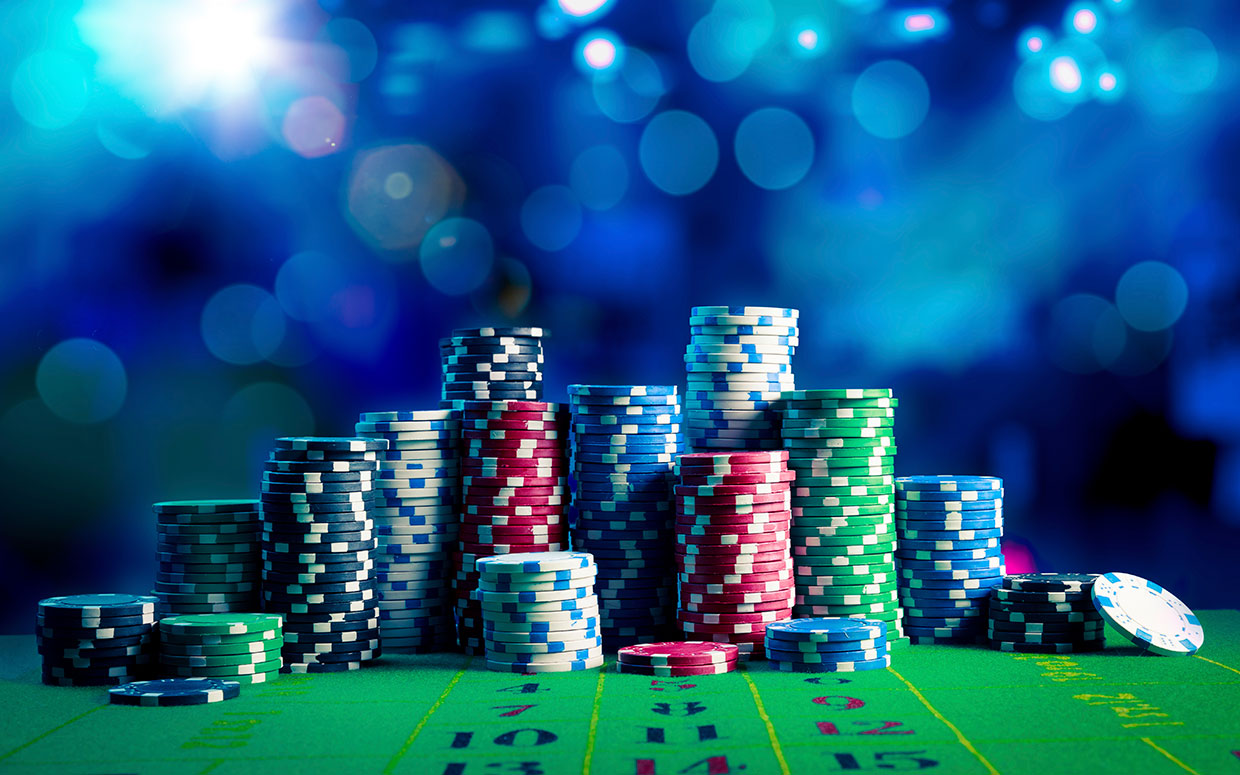
Casino experiences have long captured the interest of people around the planet, becoming an essential part of both entertainment and tradition. From the sparkling lights of Nevada to the captivating experience of internet gambling, these games evoke enthusiasm, danger, and sometimes even a sense of remembrance. They are beyond just hobbies; they have woven themselves into the fabric of human experience, influencing everything from movies and music to fashion and writing.
The charm of casino games surpasses the wagering aspect, tapping into larger themes of serendipity, possibility, and psychology. As players convene around a poker table or turn the roulette, they engage in an timeless ritual that echoes with our communal desire for thrill and uncertainty. This captivation has led to the rise of countless references in films, tracks, and video games, showcasing how strongly entrenched these games are in pop culture. Whether it is the pressure of a traditional caper or the lively nightlife portrayed in videos, casino games have carved out a substantial role that reflects our connection with risk and reward.
Social Importance of Gambling Activities
Gambling activities have played a crucial role in cultural contexts throughout the ages. Originating from ancient civilizations, forms of chance were often connected to ceremonies or events. Ga179 For example, early forms of gambling can be traced back to ancient China and the Romans, where dice games and betting on results were common pastimes. These games not only served as entertainment but also as means of social interaction, facilitating connections among individuals within societies.
As cultures evolved, so did the complexity and organization of casino games. The establishment of formal casinos in the 17th century, particularly in the Italian region, marked a major shift in how games were perceived and organized. With specific spaces for gambling, the casino became a social hub where people from different backgrounds convened. This change contributed to the validation of gambling, transforming it from a mere pastime into an organized industry that shaped the economy and regulations.
The impact of gambling games on popular culture cannot be understated. As they were popularized in books and movies, games such as Texas Hold’em and 21 became icons of risk, chance, and strategy. Famous characters and narratives have developed around these activities, reflecting societal views towards fortune, wealth, and immorality. This interest with gambling games has permeated various forms of media, cementing their status in the collective consciousness and linking them to broader cultural stories throughout history.
Depiction of Gambling Games in Media
Casino games have long been a popular subject in different types of entertainment, reflecting both the thrill and complexities of the world of gambling. Movies such as Ocean’s 11 and Casino Royale portray characters who navigate high-stakes environments, showcasing not only the attractiveness of the gambling environment but also the methods and judgments that come with playing popular games like poker and blackjack. These movies often dramatize the exhilaration of winning and the potential results of losing, encapsulating the risks involved in gambling.
Television shows have also explored the world of casino games, often integrating them into the narrative as a context for character development and conflict. Shows like Las Vegas depict the stories of casino workers and customers, highlighting the dynamic, often disorderly energy of the casino floor. Docuseries featuring intense gambling competitions further emphasize the appeal of gambling activities, drawing viewers into the tension and strategy involved in each session. Through these portrayals, media not only entertains but also prompts conversations about fortune, expertise, and the nature of randomness.
Video games have increasingly integrated gambling activities into their development, allowing players to experience the feeling of betting without financial exposure. Games within the realm of online gaming often include virtual slots, poker, and other popular casino games, creating an engaging environment that mirrors actual casino experiences. These digital representations make gambling activities accessible to a broad demographic, appealing to both players who indulge and those who enjoy the thrill of virtual experiences. As a consequence, the portrayal of casino games in entertainment continues to shape cultural attitudes and cultural relevance, highlighting their place in society and the cultural landscape.
Effect of Casino Games on Society
Casino games have a meaningful impact on communities, affecting various facets of societal norms and social behavior. They often serve as a platform for community engagement, where people gather to experience a common activity. Game nights with friends or visits to casinos become social activities that build connections and create memories. This collective aspect enhances the fun value of gambling activities, making them a popular choice for celebrations and leisure activities.
Moreover, casino games have been portrayed in numerous movies, television shows, and literature, influencing views and opinions towards gambling and betting. Icons like James Bond competing in baccarat or the intense poker scenes in films have embedded these games in the collective imagination. This depiction often glamorizes the culture associated with gambling, attracting new players and influencing trends in both style and conduct. These representations can spark curiosity and lead to a more profound investigation of the intricacies of gambling.
However, there are also adverse consequences linked to the widespread appeal of gambling activities. The allure of quick monetary gain can lead to gambling addiction and economic troubles for some individuals. The community must contend with these issues, advocating for responsible gambling and awareness of the risks involved. Finding a balance between the entertainment value of casino games with the potential for harm is crucial to ensure that they continue to be a beneficial aspect of our cultural landscape.
